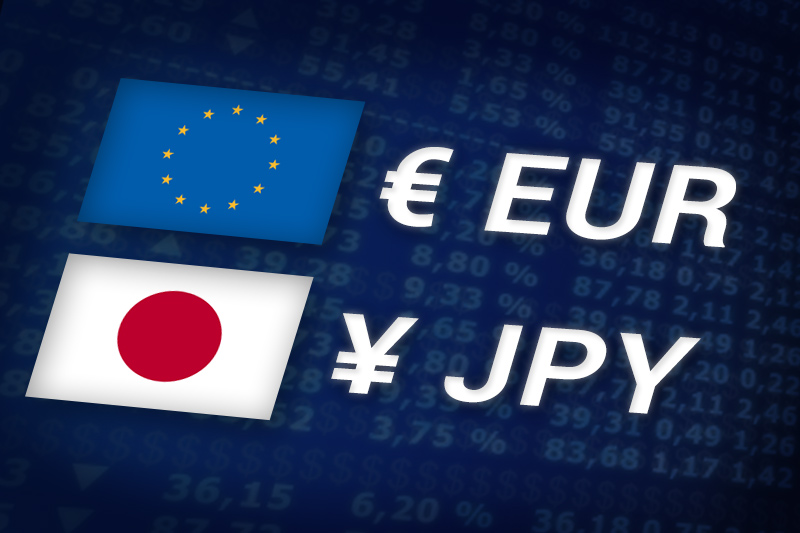Investing.com - The euro was steady against the yen on Tuesday, trading close to a four-month low as markets remained jittery amid sustained fears over the handling of the debt crisis in the euro zone.
EUR/JPY hit 99.51 during European afternoon trade, the daily low; the pair subsequently consolidated at 99.64, inching down 0.03%.
The pair was likely to find support at 99.10, the low of January 23 and resistance at 100.21, Monday’s high.
The euro came under pressure after Ewald Nowotny, a member of the European Central Bank’s governing council, said the bank has not discussed restarting its bond purchasing program.
Investors also remained cautious amid growing concerns over the situation in Spain, where rising bond yields, the growing costs of bank rescues and a recession hit economy fuelled fears that Madrid will be forced to seek an international bailout.
The yield on Spanish 10-year bonds eased back to 6.44% earlier, after hitting 6.50% on Monday, the 2012 high, after the government announced that it was to recapitalize one of the country’s largest commercial lenders Bankia.
Earlier in the day, Spain’s Treasury auctioned EUR8.5 billion of six-month bonds at an average yield of 2.10%, a six-month high, up from 1.77% at a similar auction last month.
Elsewhere, the yen was also steady against the U.S. dollar with USD/JPY adding 0.04%, to hit 79.50.
Also Tuesday, official data showed that retail sales in Japan rose less-than-expected in April, advancing 5.8% after a 10.3% surge the previous month. Analysts had expected retail sales to rise 6.2% in April.
The data came after a report showed that household spending in Japan rose 2.6% in April, beating expectations for a 2.5% rise and following a 3.4% increase the previous month.
Later in the day, Germany was to release preliminary data on consumer price inflation, while the U.S. was to release reports on house price inflation and consumer confidence.
EUR/JPY hit 99.51 during European afternoon trade, the daily low; the pair subsequently consolidated at 99.64, inching down 0.03%.
The pair was likely to find support at 99.10, the low of January 23 and resistance at 100.21, Monday’s high.
The euro came under pressure after Ewald Nowotny, a member of the European Central Bank’s governing council, said the bank has not discussed restarting its bond purchasing program.
Investors also remained cautious amid growing concerns over the situation in Spain, where rising bond yields, the growing costs of bank rescues and a recession hit economy fuelled fears that Madrid will be forced to seek an international bailout.
The yield on Spanish 10-year bonds eased back to 6.44% earlier, after hitting 6.50% on Monday, the 2012 high, after the government announced that it was to recapitalize one of the country’s largest commercial lenders Bankia.
Earlier in the day, Spain’s Treasury auctioned EUR8.5 billion of six-month bonds at an average yield of 2.10%, a six-month high, up from 1.77% at a similar auction last month.
Elsewhere, the yen was also steady against the U.S. dollar with USD/JPY adding 0.04%, to hit 79.50.
Also Tuesday, official data showed that retail sales in Japan rose less-than-expected in April, advancing 5.8% after a 10.3% surge the previous month. Analysts had expected retail sales to rise 6.2% in April.
The data came after a report showed that household spending in Japan rose 2.6% in April, beating expectations for a 2.5% rise and following a 3.4% increase the previous month.
Later in the day, Germany was to release preliminary data on consumer price inflation, while the U.S. was to release reports on house price inflation and consumer confidence.
